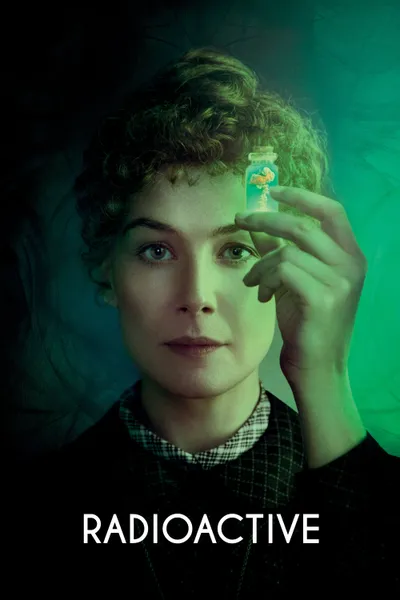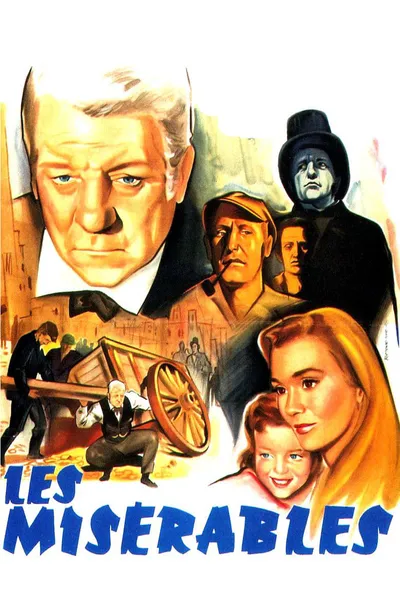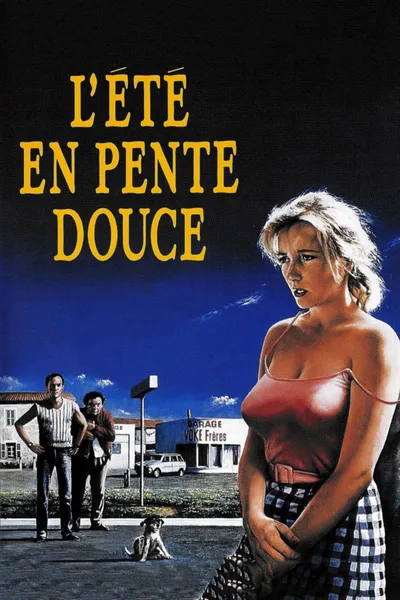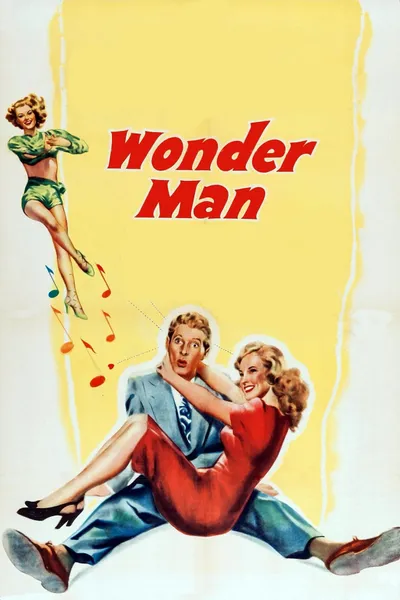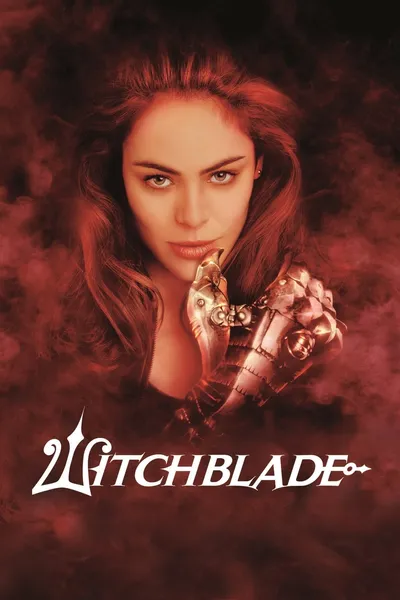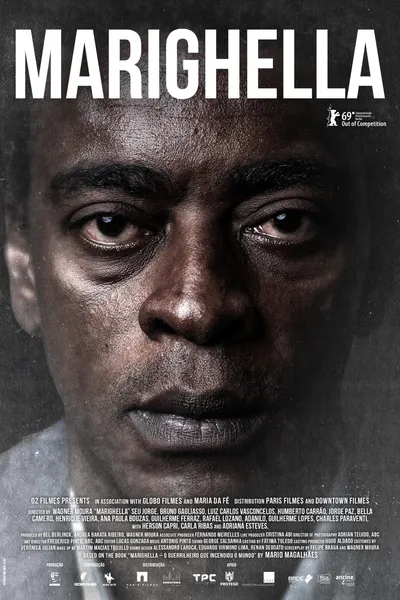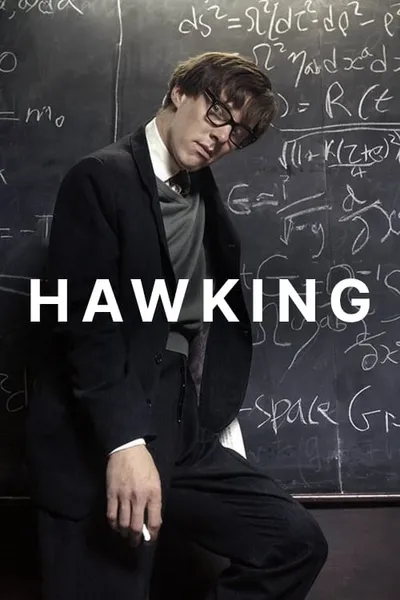Reviews

Manuel São Bento
July 24, 20205.0
If you enjoy reading my Spoiler-Free reviews, please follow my blog @
https://www.msbreviews.com
So, a little bit about me first: I was always a man of science. I have a Masters degree in Electronics and Telecommunications Engineering, and I was always fascinated by how things truly work. On the other hand, I'm not the biggest fan of biographical movies due to the genre's boundaries. These films often follow a generic script, filled with formulaic plot points and lacking imaginative storytelling. Therefore, I usually analyze these movies based on a single question: "do I know more about the character and/or the story that made him/her famous now that I've watched this flick?" Another aspect that's important in any film, but even more in this genre: the actor who interprets the protagonist.
Radioactive possesses Rosamund Pike as the magnificent Marie Curie. If there's one undeniably incredible element in this feature, it's Pike's brilliant performance as the famous scientist. Now, I have no idea how Marie was as a person, so I can't really evaluate Pike's display regarding how accurate she is on a personal level. Nevertheless, her impressive emotional range can easily get her a few nominations when the awards season comes around. When it comes to which expressions to use or how strong her emotions need to be, Pike manages to always choose the most coherent option having in mind the character she portrays.
Sam Riley shares great chemistry with Pike, delivering a couple of genuinely passionate moments and witty conversations. Anya Taylor-Joy (Irène Curie), who I forgot was also in the movie, is always a delight to see on screen and, in this case, a very welcome surprise. However, this film is so focused on its protagonist (as it should be), that every character and actor other than the main one ends up being utterly forgettable (nothing wrong with this). Technically, I need to praise the makeup artists, who did a terrific job getting Pike older throughout the runtime, as time flows accordingly. Evgueni and Sacha Galperine's score is simple yet sweet enough to slightly elevate a few sequences.
Unfortunately, Radioactive holds more than just a few minor issues. My biggest gripe is related to how everything is put together. I doubt most people will watch this movie with the hope of seeing more of Marie Curie's personal relationships. This isn't exactly a romantic drama. Having in mind the discoveries that she made, I was extremely interested in watching how, in fact, she discovered radioactivity. Of course, I'm not expecting the film to turn into a highly detailed chemistry lesson and all of its specifics. But Marjane Satrapi rushes through most of the relevant moments or skips them entirely. Marie's first groundbreaking result is so casually presented to the viewer that it makes the whole thing far from being a big deal (which it is).
There are a couple of visually captivating animated sequences that sort of explain the process that the characters are going to perform, but it's still quite underwhelming and disappointing. I still have dozens of questions now, which I hoped the movie would answer but didn't. It's also edited (Stéphane Roche) in such an uneasy manner that it feels like I'm watching two completely different films. I don't know if this was Satrapi or Jack Thorne's (screenwriter) idea, but showing (mostly adverse) future events directly related to Marie's discoveries didn't work for me at all. You know how these movies tend to have some sort of information shown before credits explaining how things worked out in real-life? It's like they picked them up and randomly spread them across the film.
The focus went full-on to the protagonist's personal life instead of balancing it with her world-changing experiments. Answering my question above, I did learn more about Marie Curie, but not about what I wished to know about her. Ultimately, it feels like this biographical work doesn't honor her legacy. Just as an example, the story brushes over her discoveries so fast that it doesn't even explain the reasons behind the nomenclature of the new elements. Overall, it's not worthy of being the biography of the scientist's life.
Radioactive boasts an absolutely outstanding Rosamund Pike as the great Marie Curie, but Marjane Satrapi (director), Jack Thorne (screenwriter), and Stéphane Roche (film editor) fail to deliver a well-structured narrative, rushing through the scientist's groundbreaking discoveries and experiments or ignoring them altogether. Randomly mixing up future catastrophes with the actual story not only breaks both the tone and pacing of the movie, but it also makes the whole viewing a bit uneasy. Despite her personal life always being a point of interest, her work and how she performed it are why most people want to watch this film. To learn more about her contributions to the world of today. Unfortunately, Curie's legacy is remitted to a by-the-numbers biographical work, restricted by the genre's formulaic tropes. A neat score by the Galperine brothers and a couple of visually captivating animated sequences still elevate an overall disappointing feature...
Rating: C+

SWITCH.
November 5, 20204.0
'Radioactive' doesn't know what it wants to be - a biopic, a period drama, or a feminist meditation on the role of women in male-dominated fields - and while it is possible for a film to be all three, sadly this fragile script cannot juggle all of these successfully. What audiences are left with is yet another half-assed biopic that will be buried deep in Amazon Prime's streaming library, and rightfully so. The memory of one of the greatest women in science - and Rosamund Pike, for that matter - deserve far better than that.
- Ashley Teresa
Read Ashley's full article...
https://www.maketheswitch.com.au/article/review-radioactive-middling-biopic-fails-to-light-up

CinemaSerf
June 29, 20226.0
Marie Curie was the first person to ever win a Nobel prize twice, and her legacy - alongside that of her husband and of their daughter - is no doubt what appealed to Rosamund Pike when offered this part. Sadly, though, the end product does very little justice to this trailblazing woman. It tries to reconcile her challenges as a scientist with those she faced as a women in man's world; of her immensely competitive instincts with her deep love for her husband (Sam Riley) and her family but in the end fails to impress. Riley is far too lightweight to provide an adequate foil for this strong and determined character and though Pike is efficient, she has way too much dialogue that just doesn't cut through. The lighting and pace are battling each other to see which can be the more soporific and somehow the film just never gets going. I rather liked the concept that it tried to input some of the ultimate effects of their theories into the storyline (i.e. the Hiroshima bomb) but that execution was weak and lacked potency, too. Technically it looks fine, costume and sets all well researched and delivered but that isn't enough to ignite this ponderous and wordy drama. A story told more effectively in 1943 by Greer Garson, if you are looking for something more engaging. This is just standard made for television fodder that will soon be forgotten.
Recommendation Movies
How to Be a Good Wife2020
The Last Train2006
Armed Hands2012
Les Misérables1958
The Con Is On2018
The Perfect Candidate2020
Fat Man and Little Boy1989
L'été en pente douce1987
Let's Stay Friends2019
Chadwick Boseman: Portrait of an Artist2021
Wonder Man1945
La prima pietra2018
Witchblade2000
Palo blanco
The Associate1996
Target Number One2020
11M: Terror in Madrid2022
Music2021
Marighella2021
Hawking2004
© 2024 MoovieTime. All rights reserved.Made with Nuxt
